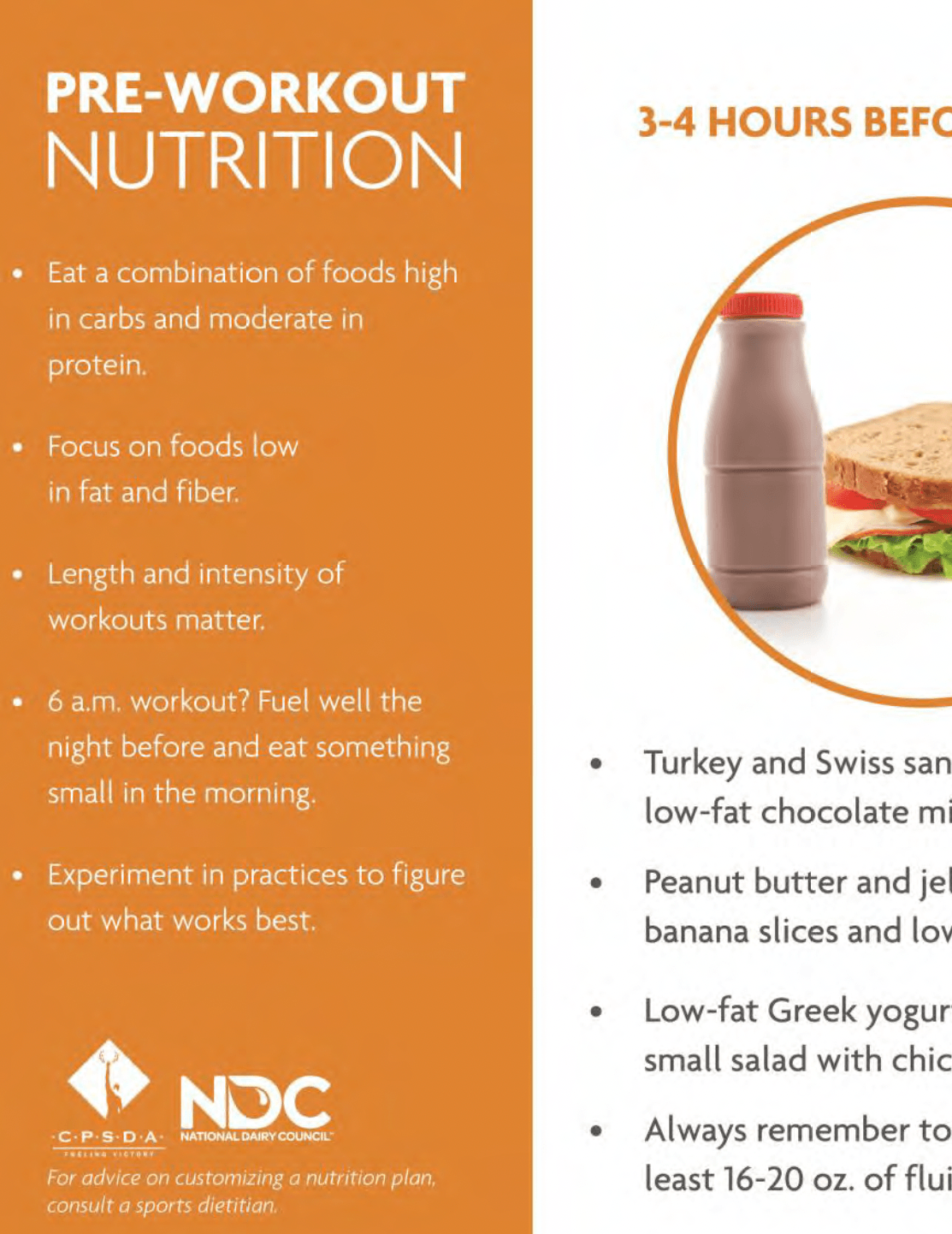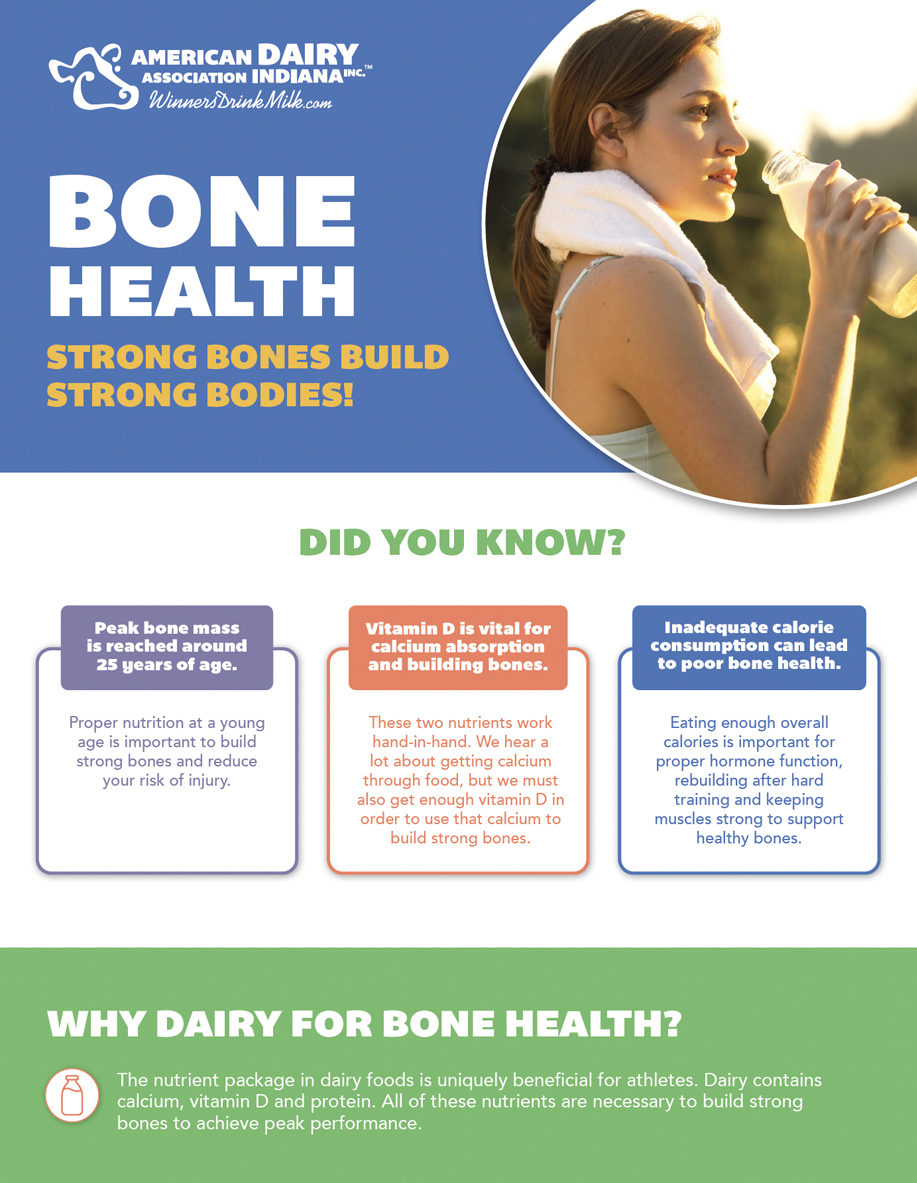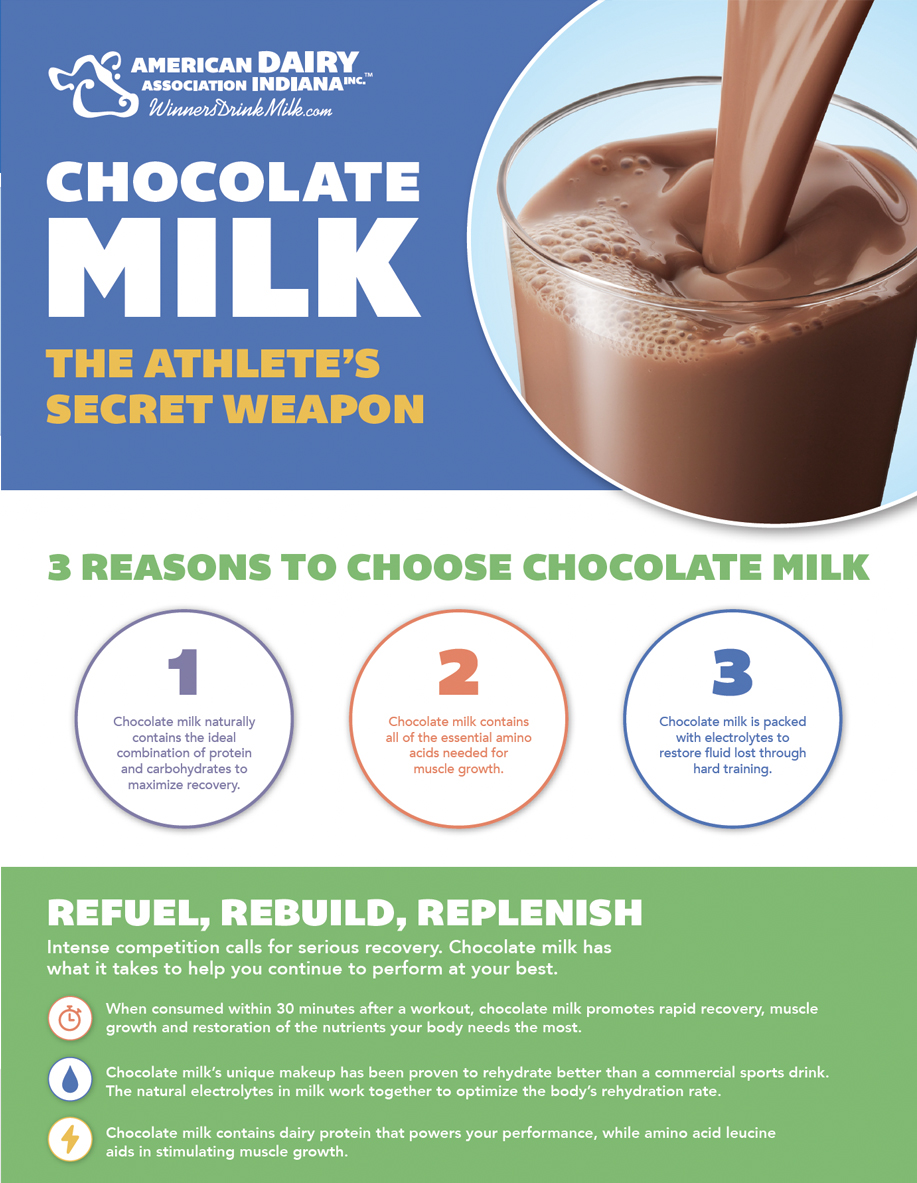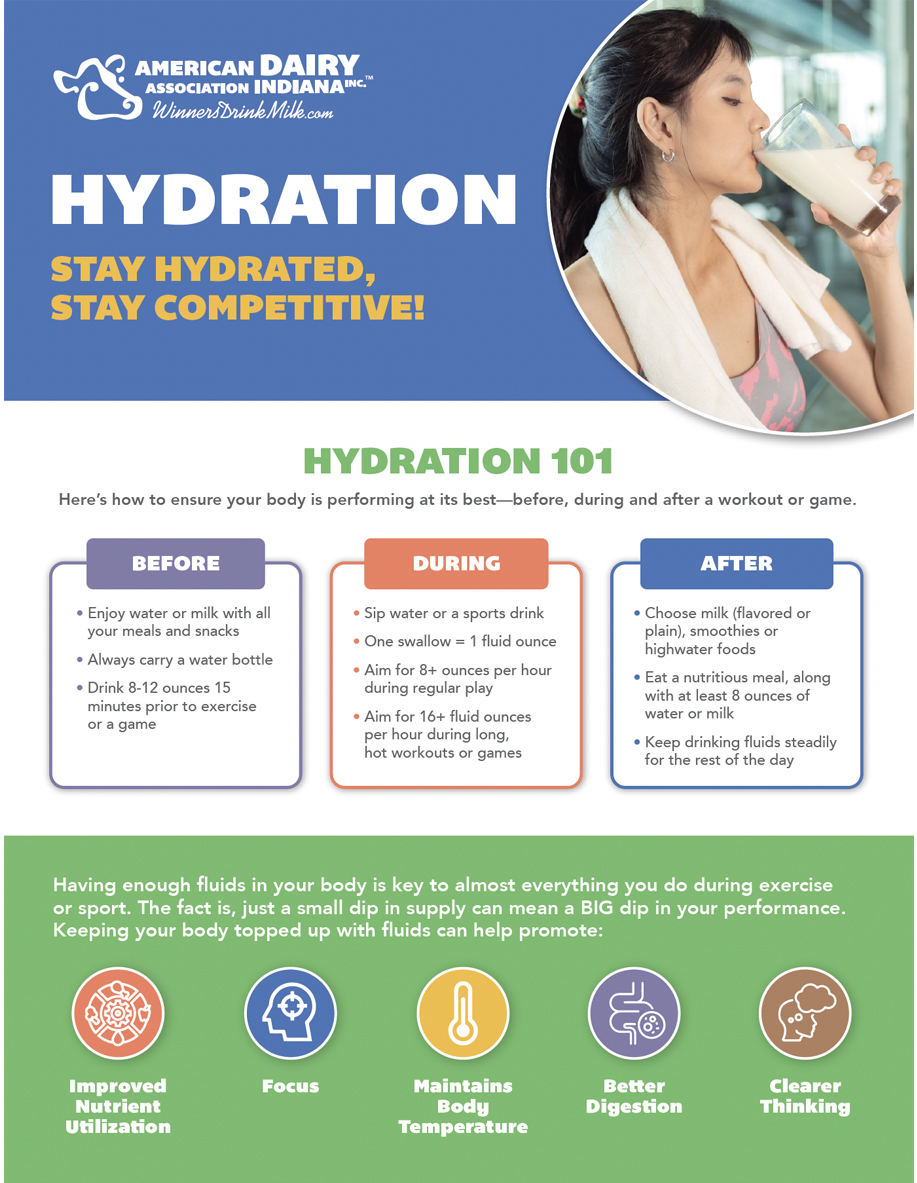Sports Nutrition
Nutrition is a key component of any athletic training program and paying attention to diet can often provide athletes with a competitive advantage and a means for achieving optimal performance.
Containing 13 essential nutrients, including quality protein, carbohydrate and electrolytes, dairy foods are ideally suited to a nutrient-rich, high-performance diet.
For all athletes, recovery is an essential part of honing skills and making the most of intense training sessions. Dairy foods, including chocolate milk, offer an ideal solution for post-workout recovery. Portable, quenching and naturally formulated with an ideal ratio of carbohydrate to protein, a glass of chocolate milk post-workout replenishes lost carbohydrate, initiates muscle rebuilding and rehydrates hard-working athletes.
Video Resources
Our Youtube Channel is a resource for all your questions about sports nutrition, including our featured Performance Pack.

whey protein
Whey protein is a high-quality protein derived from cow’s milk. Whey protein is one of the richest known sources of naturally occurring branched-chain amino acids – leucine, isoleucine and valine. Compared to many other proteins, on a gram-to-gram basis, whey protein delivers more essential amino acids to the body and is absorbed quickly and efficiently.
Who benefits from Whey Protein?
Whey protein consumption is worth consideration by those who are physically active and want to optimize protein intake and improve body composition. Research shows that consuming a high quality protein like whey, in combination with resistance exercise, can boost the rate at which the lean muscle mass may improve body composition. In fact, a combination of whey protein intake and resistance exercise yields better results compared to either of the two alone, or combining resistance training with drinking a beverage that contains only carbohydrates.
Foods containing whey protein include dairy-based beverages, yogurt, nutrition and energy bars, ready-to-drink beverages, powder for smoothies and shakes, beverage mixes and meal replacements. Research shows that consuming at least 20g of whey protein following resistance exercise can result in an increase in muscle protein syntheses in healthy adults.




